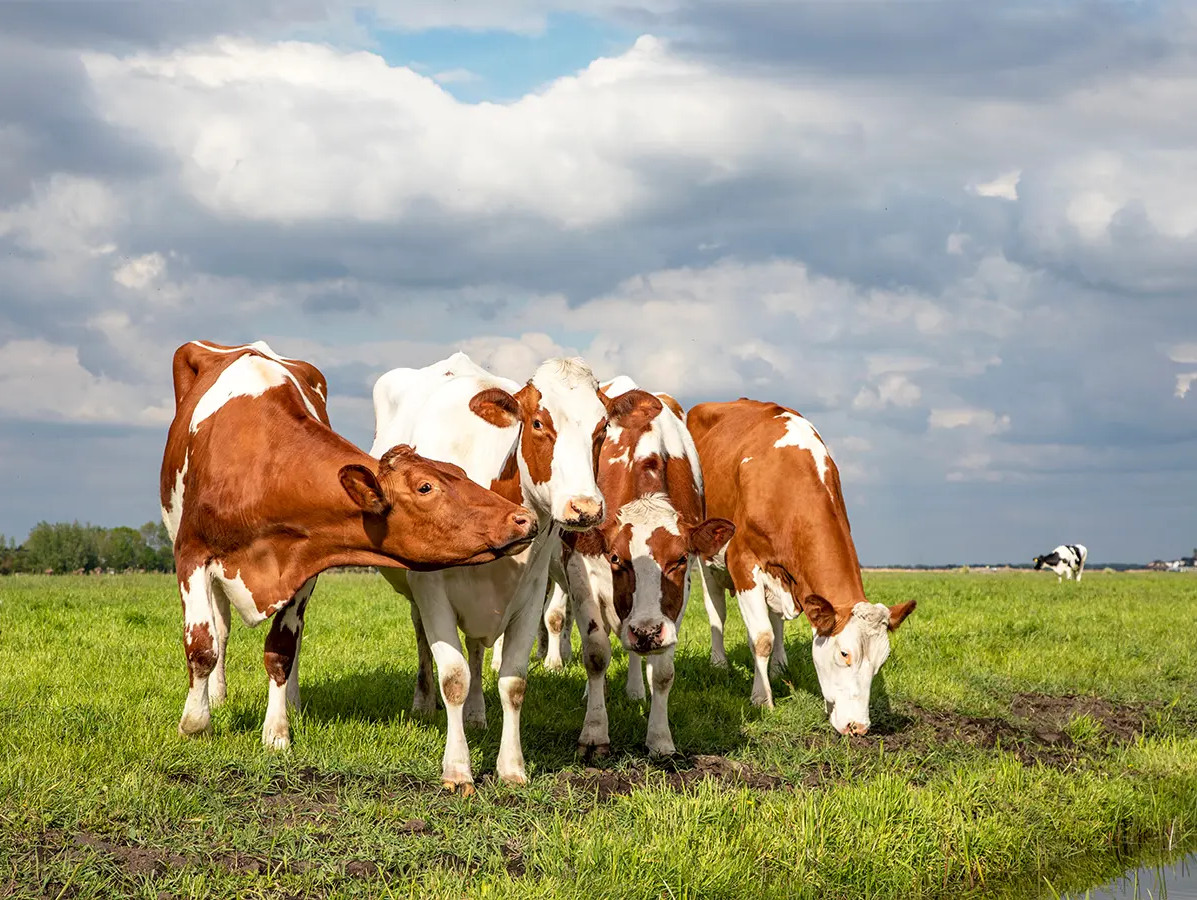
The Netherlands has tightened its manure policy, driven by the loss of its exemption under the European Nitrates Directive. The changes to the Fertiliser Act not only bring adjustments for the agricultural sector but also have indirect consequences for the food industry. Limiting manure production and tightening regulations aim to ensure cleaner groundwater and surface water, which are essential for many agricultural raw materials used in food production.
When manure production rights are transferred outside the family, a portion of these rights is removed from the market. This process, known as “capping,” is designed to reduce the overall manure production in the Netherlands. Although the direct impact on water quality and emissions remains limited, the measure contributes to lowering overall emissions in the supply chain. For the food industry, this can be relevant, as cleaner water supports the sustainability of agricultural raw materials. At the same time, exceeding the phosphate ceiling could put pressure on the availability of certain raw materials.
The loss of the derogation has led to stricter manure regulations, such as reducing the spreading of manure in vulnerable areas. These measures have a positive effect on water quality and reduce ammonia and greenhouse gas emissions. For the food industry, which increasingly prioritises sustainability, these are developments that play a crucial role in shaping perceptions among buyers and consumers. However, regions such as parts of Brabant and Limburg still fail to meet water quality targets, presenting challenges for companies relying on these areas.
Additional spatial policies, such as in stream valleys or groundwater protection areas, can not only contribute to cleaner water but also create opportunities for innovative agricultural practices. In the long term, this could lead to raw materials that better align with the sustainability goals of the food industry. However, this will require close collaboration between agriculture, government, and the food supply chain.
View the analyse ‘Effecten wijzigingen meststoffenwet’(Dutch only)
Pbl.nl
Source: Planbureau voor de Leefomgeving